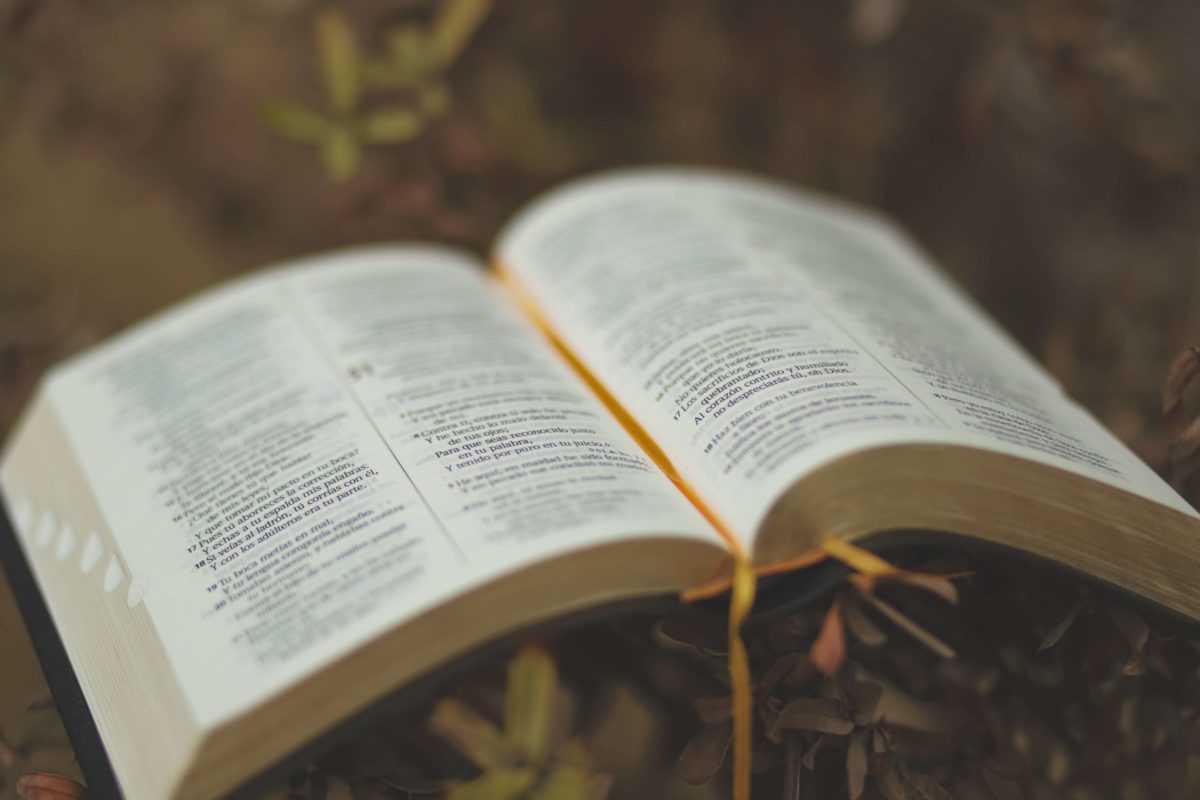Mention epic poetry and the ancient bards most likely spring to mind first: Homer, Virgil, and the mysterious, unknown author of Beowulf. Despite its increasingly rare presence in today’s poetry scene, epic poetry doesn’t have to be forsaken. Simply put, an epic poem is a long, narrative poem, often compiled as a single, book-length work. Themes typically include myths, legends, and heroism—following a narrative technique known as “the hero’s journey”—and communicate cultural significance and values. These five collections bring epic poetry out of the B.C. era and onto your 21st-century bookshelf.
1. Beowulf: A New Translation by Maria Dahvana Headley
Do you love twists on the classics, literary ambition, and complex, courageous heroines? Then you’ll want to put this book, out on Aug. 25, on your pre-order list. Headley, an award-winning fantasy writer, translator, and dramatist, blurs the lines between hero and villain in her nuanced translation. She also unearths radical morals and messages in the age-old story. Overall, Headley promises to put a dreamy spin on a text that is often the thing of students’ nightmares.
2. Autobiography of Red by Anne Carson
Often dubbed the “most exciting poet writing in English today,” Carson has taken on many ambitious projects, including this 1998 loose retelling of Geryon and the Tenth Labor of Hercules. This involves a journey to the end of the world. Carson explores the classic odyssey as a coming-of-age story through the lens of a painful, intoxicating, queer love story. While the original myth focuses on Hercules, Carson chooses to shed light on Geryon, formerly portrayed only as a monster.
3. Brand New Ancients by Kate Tempest
“The Gods are all here / because the Gods are in us,” Tempest asserts in her 2013 epic, which won the Ted Hughes Award for innovation in poetry. Tempest centers seemingly ordinary people, including herself and her readers, as heroes and villains, often intertwining the two archetypes. Through her work, she argues that the daily experiences of modern life can be just as exciting, harrowing, and complicated as even the most well-established relics. Tempest, a celebrated spoken word poet, embraces both the written and oratory tradition of epic poetry. She created Brand New Ancients, which she calls a “blend of street rap, poetry, and storytelling,” to be performed with live music.
4. Our Lady of the Ruins by Traci K. Brimhall
“Where is the saint, / mortally torn and wearing a / hood of stars, / bearing her own redemption?” Brimhall asks in her second collection, the winner of the 2011 Barnard Women Poets Prize. The book follows the journey of a group of women who search for a new God and the possibility of survival in a post-apocalyptic landscape. The poems reenvision typical epic constraints and narrative milestones through an authentic, vulnerable, female perspective. Christian, pagan, and new age influences, among others, all play out in unique, shifting ways across these pages.
5. The Iovis Trilogy by Anne Waldman
This 2011 poetry release, which spans 720 pages, took Waldman 25 years to write. While many epics strive to pass down history, Waldman reinvents the goal—her fierce volume aims to change history and to propel her audience forward. The Iovis Trilogy’s central character is Patriarch, a violent and militant figure meant to stand in for an overall critique of warmongering, male-dominated society. Waldman subverts the heroic nature of the epic, instead examining an anti-hero and how his actions affect the humanity around him.
Who’s your version of an epic hero? For a writing challenge, chronicle their triumphs, travels, and obstacles in verse. See how many pages you can fill!




